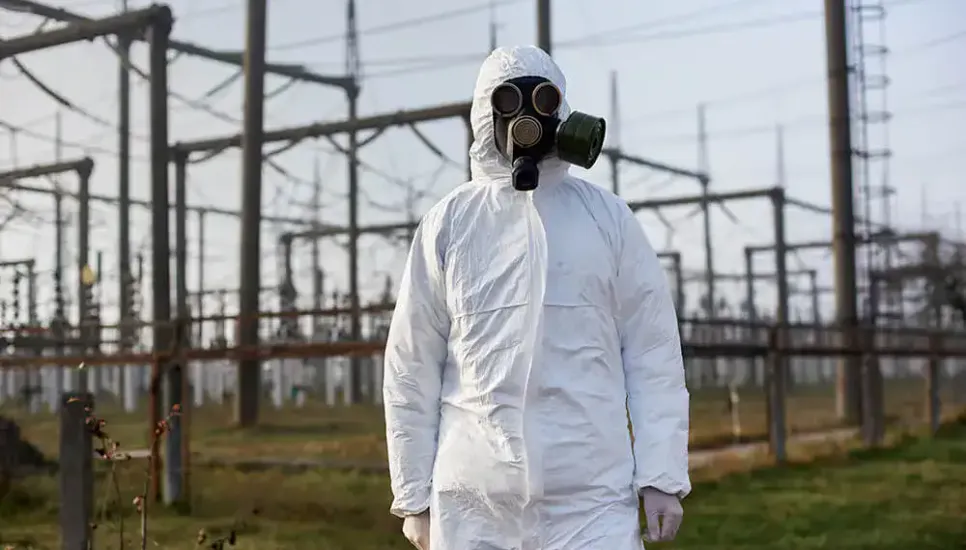Introduction
Power plants have become significantly safer over the past decades, yet workers are still faced with hazardous situations on a daily basis. From electrical burns to dangerous chemicals, boiler accidents and exposure to damaging substances such as asbestos, employees in power plants can suffer serious injuries that may even prove fatal. To prevent incidents from taking place, rigorous safety training is of paramount importance.Potential Hazards
The foremost risks associated with power plant work include:
Electrocution and Burns.
Many of the people working in a power plant are not professionally trained to handle electricity. This is the main reason why electricity-related injuries and fatalities continue to be the most common in this sector. While electrocution is a significant concern, burns that occur as the result of workers coming in contact with an arc flash are actually the cause of most reported lost-time incidents.Exposure to Hazardous Chemicals.
Power plant workers are routinely required to worth with or around corrosives, solvents, oxidizers, and other hazardous chemicals. Specialized equipment – such as emergency showers – should be available for employees to use at all times, but even if this is the case, serious injuries might still occur due to lack of proper training. Many workers might not be able to properly identify a chemical hazard, which can jeopardize both their safety and that of their colleagues.Boiler Accidents.
Although all types of boilers can become dangerous if not properly handled and maintained, power boilers are responsible for the majority of boiler-related deaths and injuries in the power plant sector. While explosions may be rare, they can have disastrous consequences and are, in fact, entirely preventable given the appropriate equipment and safety training.Exposure to Asbestos.
Heat-resistant products and pipes that contain asbestos are commonly used in power plants. So long as they remain intact, these materials are more or less harmless, but when they are broken or drilled through – such as, for example when a pipe is cut – they can release asbestos fibers into the air. Workers who inhale asbestos on a regular basis can develop lung cancer and a number of other serious health conditions.
Incident Prevention
The importance of safety training for power plant workers cannot be over-emphasized, especially since most incidents occur as a result of either malfunctioning equipment or human error. The right courses can teach employees to use and maintain the tools at their disposal, thereby minimizing the risk of accidents, as well as the impact of the latter.
Aside from rigorous training, employers can implement a number of safety measures and routines designed to help workers complete their quotidian tasks. For example, a pre-start checklist can be outlined for workers who frequently handle boilers so that possible malfunctions may be detected sooner.
As far as hazardous chemicals are concerned, workers must be made aware of the dangers of handling such substances and taught a series of protective measures they can take to maintain their safety. Furthermore, equipment such as emergency showers must be available and properly supplied at all times in order to help employees respond more effectively in case of exposure.
Recommended Safety Courses



What You Can Do to Stay Safe
As a power plant worker, the most effective way to maintain your safety is to rigorously prepare yourself for the dangers commonly associated with your work environment. Although it is essential to be able to respond correctly in case of an emergency, preventing an accident in the first place can potentially save lives.
To consult a complete list of safety courses that are suitable for your line of work, please visit our Energy and Electricity industry page.



